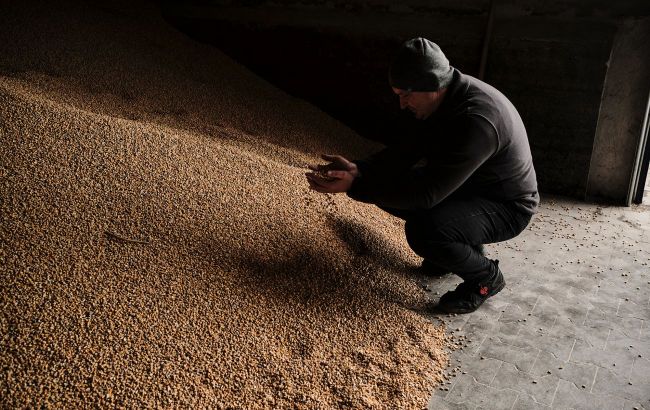EU backs tariffs on Russian, Belarusian agricultural imports
 Photo: Fertilizers and grain from the Russian Federation are subject to EU tariffs (Getty Images)
Photo: Fertilizers and grain from the Russian Federation are subject to EU tariffs (Getty Images)
The EU intends to prevent a potential threat to food security and limit Russia's financing of its war against Ukraine, the European Parliament says.
The European Parliament has voted to impose prohibitive tariffs on fertilizers and certain agricultural products from Russia and its ally, Belarus
Tariffs on certain nitrogen fertilizers will increase over three years from 6.5% to the equivalent of about 100%, effectively halting trade. An additional 50% duty will be applied to agricultural products.
"Income from the sale of Russian and Belarussian fertilisers is considered to be contributing directly to the war against Ukraine," the European Parliament said in a statement.
The tariff increase will take effect on July 1.
New tariffs
Nitrogen-containing products accounted for more than 70% of fertilizer consumption in the EU in 2023, and Russia accounted for 25% of EU imports worth about €1.3 billion.
Russian and Belarusian grain was already subject to prohibitive tariffs last year. The new duties apply to 15% of imports of agricultural products from Russia that were previously exempt from duties, worth €380 million. This includes meat, dairy products, fruits, and vegetables.
The European Commission has stated that these imports, especially of fertilizers, leave the EU vulnerable to potential coercive measures by Russia that could jeopardize EU food security.
EU imports from Belarus in 2023 were more limited: €92 million for agricultural products and €30 million for fertilizers.
The tariffs will not affect the transit of Russian exports of agricultural products and fertilizers to third countries. The EU has so far avoided imposing sanctions against them in order not to disrupt global supplies, especially to developing countries.
In 2023, Russia exported 4.2 million tons of grain and oilseeds to the bloc, worth about €1.3 billion.

